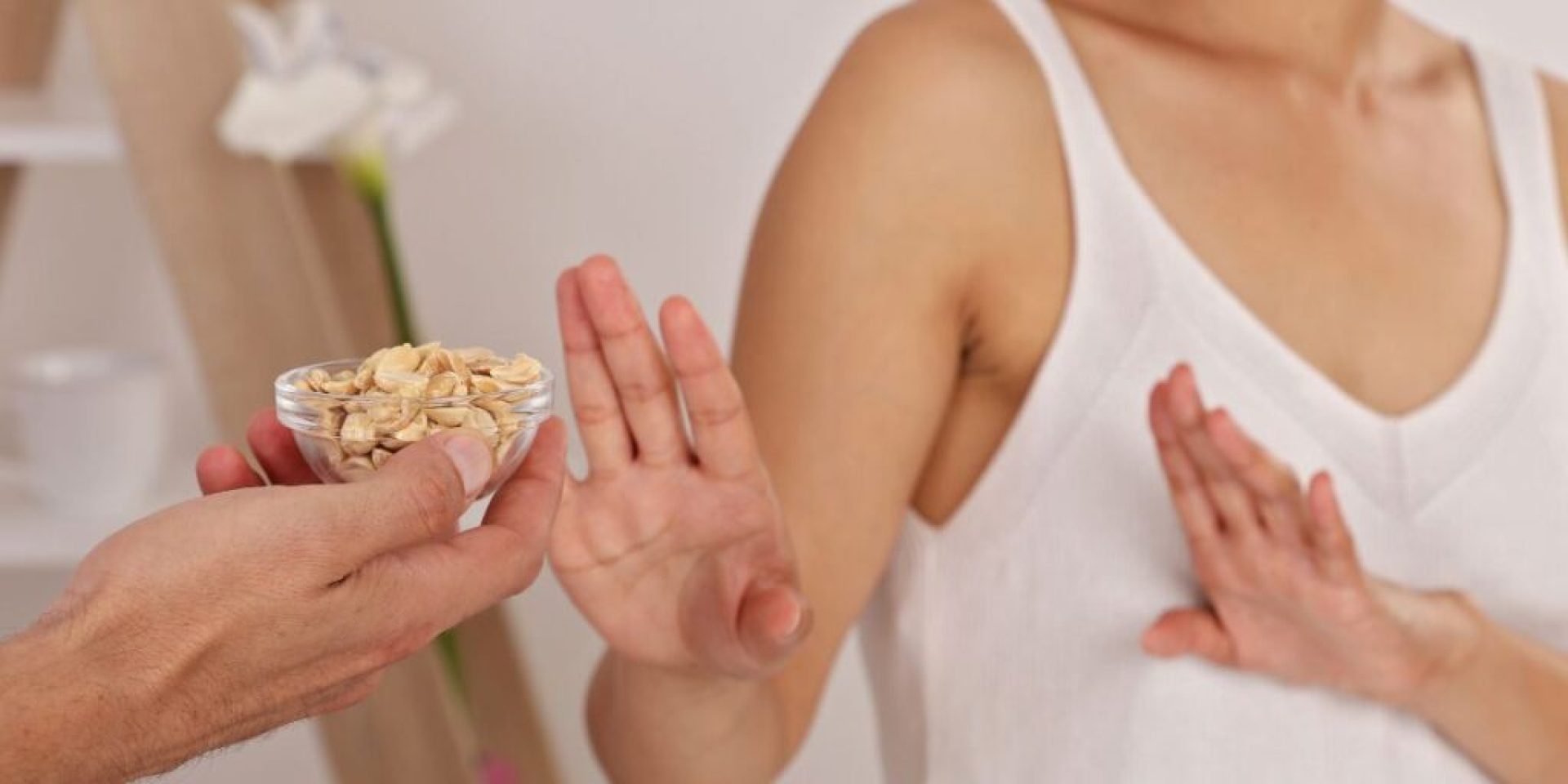
When it comes to preventing skin irritation, you might be surprised at how simple changes in your hygiene routine can make a significant difference. From the products you choose to the way you cleanse your skin, each step plays a crucial role in maintaining skin health. By following some key hygiene practices, you can not only keep irritation at bay but also promote a glowing and healthy complexion. So, are you ready to uncover the secrets to achieving skin that feels calm, smooth, and irritation-free?
Skin-Friendly Product Selection
To prevent skin irritation, choose products labeled as ‘gentle’ or ‘hypoallergenic’ for your skincare routine. These products are formulated to be less harsh on your skin and are less likely to cause irritations or allergic reactions. When selecting skincare products, look for those that are fragrance-free, as added fragrances can sometimes trigger skin sensitivities. Additionally, opt for products with minimal ingredients to reduce the chances of irritation.
Before trying out a new product, perform a patch test on a small area of your skin to see how it reacts. This simple step can help you avoid applying potentially irritating products to your entire face or body. Remember that everyone’s skin is different, so what works for others may not work for you. Pay attention to how your skin responds to different products and adjust your skincare routine accordingly.
Proper Cleansing Techniques
When cleansing your skin, ensure you use gentle motions to avoid irritation and maintain skin health. Harsh scrubbing can strip the skin of its natural oils and lead to dryness or redness.
Choose a gentle cleanser that suits your skin type, whether it’s oily, dry, combination, or sensitive. Avoid using hot water, as it can also dry out the skin. Instead, opt for lukewarm water to help open up your pores for a thorough cleanse without causing damage.
Be mindful of how long you cleanse your face. Washing for too long or too frequently can disrupt the skin’s natural barrier, leading to irritation. Aim for around 30 seconds to a minute of gentle cleansing to remove dirt, oil, and makeup effectively.
Pat your skin dry with a soft towel after cleansing, rather than rubbing it harshly, to prevent unnecessary friction and irritation. By following these proper cleansing techniques, you can help maintain healthy, glowing skin.
Moisturizing and Hydration Tips
For optimal skin health, ensure you moisturize regularly and maintain proper hydration levels. Moisturizing is essential to keep your skin hydrated, smooth, and protected. Choose a moisturizer that suits your skin type, whether it’s oily, dry, or sensitive. Apply moisturizer right after showering or washing your face to lock in moisture. For the face, consider using a specialized facial moisturizer that won’t clog pores. Don’t forget to moisturize other parts of your body as well, especially areas prone to dryness like elbows, knees, and feet.
In addition to moisturizing, staying hydrated is crucial for healthy skin. Drink plenty of water throughout the day to help your skin stay hydrated from the inside out. Avoid excessive consumption of dehydrating beverages like alcohol and caffeinated drinks. Eating water-rich fruits and vegetables can also contribute to your overall hydration levels. Remember, well-moisturized and hydrated skin is less likely to become irritated or inflamed.
Lifestyle Habits for Skin Health
Maintaining healthy lifestyle habits is key to promoting optimal skin health and preventing irritation. One of the most important habits for skin health is staying hydrated. Drinking an adequate amount of water helps keep your skin hydrated from the inside out, leading to a more radiant complexion. Additionally, getting enough quality sleep is crucial for skin rejuvenation. During sleep, your body repairs and regenerates skin cells, contributing to a healthy skin barrier.
Regular exercise is another lifestyle habit that benefits your skin. Physical activity promotes healthy blood circulation, delivering essential nutrients and oxygen to your skin cells. Moreover, sweating during exercise helps to flush out toxins from your skin, reducing the likelihood of breakouts. It’s also important to manage stress levels, as chronic stress can trigger skin conditions like acne and eczema. Practices such as meditation, yoga, or spending time outdoors can help reduce stress and promote overall skin health.
Trending Products














